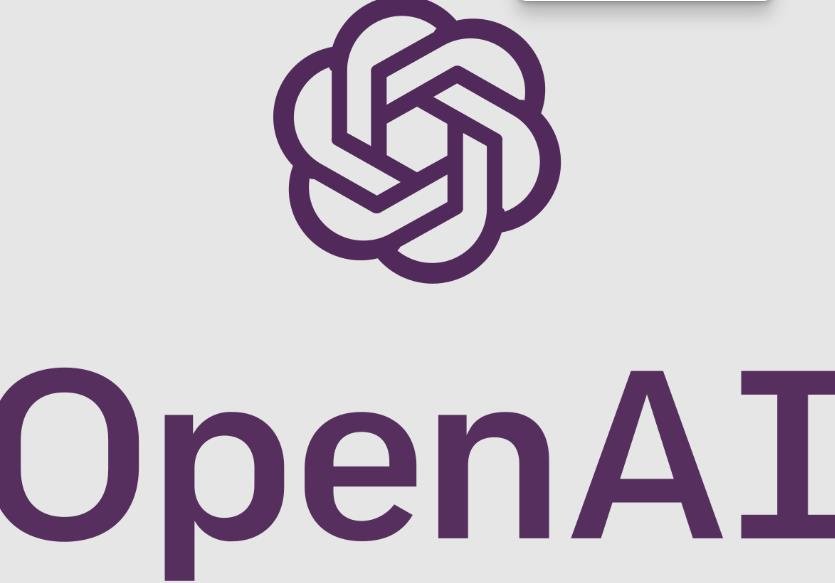A group of nonfiction authors has filed a lawsuit against OpenAI and Microsoft, alleging that the companies have infringed their copyrights by using their works to train ChatGPT, a popular artificial intelligence-powered chatbot.
The lawsuit was filed on Monday in the U.S. District Court for the Northern District of California by the Authors Guild, a trade group that represents more than 10,000 writers in the United States. The plaintiffs include Pulitzer Prize winners David McCullough and Jennifer Egan, National Book Award winners Louise Erdrich and James McBride, and bestselling authors Malcolm Gladwell, Susan Orlean, and Erik Larson.

The complaint claims that OpenAI and Microsoft have copied and stored millions of books, articles, and other written works from the internet without permission or compensation, and have used them to train ChatGPT, a chatbot that can generate realistic and coherent text responses based on human input. The lawsuit alleges that this constitutes “massive and willful infringement” of the authors’ copyrights, and seeks damages and an injunction to stop the defendants from using their works.
The lawsuit also accuses the defendants of violating the authors’ moral rights, which are recognized in many countries but not in the United States. The complaint argues that the defendants have distorted, mutilated, and modified the authors’ works in ways that harm their reputation and integrity, and have deprived them of the right to control how their works are used and attributed.
The lawsuit is the latest in a series of legal challenges that have been brought against OpenAI and Microsoft over ChatGPT, which was launched in 2021 and has quickly become one of the most widely used and influential chatbots in the world. ChatGPT has been praised for its ability to generate natural and engaging conversations on various topics, but has also been criticized for its potential to spread misinformation, hate speech, and plagiarism.
The Defendants’ Response
OpenAI and Microsoft have not yet responded to the lawsuit, but have previously defended their use of copyrighted material for AI training. The companies have argued that their use of the works is fair and transformative, and that they do not intend to harm or compete with the original authors. The companies have also claimed that they have taken steps to prevent ChatGPT from generating harmful or infringing content, such as filtering out sensitive topics and adding disclaimers.
The companies have also pointed out that ChatGPT is an open-source project that anyone can access and modify, and that they are not responsible for how third parties use the chatbot. The companies have said that they support the ethical and responsible development of AI, and that they welcome dialogue and collaboration with the authors and other stakeholders.
The Implications
The lawsuit raises important and complex questions about the legal and ethical implications of using AI to create and consume content. The lawsuit could have significant implications for the future of AI development, as well as for the rights and interests of authors and other content creators.
The lawsuit could also have an impact on the public perception and trust of AI, as well as on the quality and diversity of the content that AI can generate. The lawsuit could also spark a debate on the need for new laws and regulations to address the challenges and opportunities posed by AI, and to balance the interests of innovation and protection.
